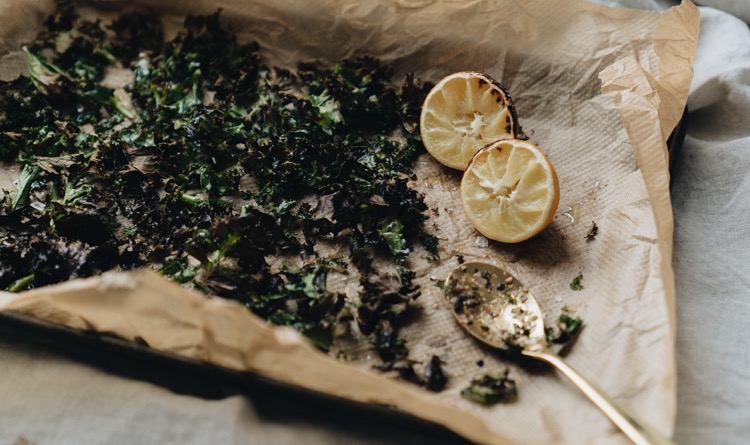
Since ancient times, plants have held significant uses across different cultures. These range from cooking to healing to even inducing shamanic, trance-like states. Different herbs are used according to the varying cultures or regions. But there are some commonalities among their uses.
Black pepper, bayberry, aloe, cinnamon, and sandalwood can be used to heal bodily injuries such as sores, wounds, boils, rashes, and so on. While other plants like mint, rosemary, cilantro, basil, and thyme are common kitchen herbs that can be used as a flavonoid. They’re the most common, easy to find, and easy to grow. Some like ginger, green tea, garlic, aloe, and others are used for nutrition, inflammation, or in recipes to treat common ailments like diarrhea, constipation, hypertension, piles, menstrual disorders and fevers. There is no end to the benefits of herbs and plants on our health. Some can even be used as “blood purifiers to alter or change a long-standing condition by eliminating metabolic toxins,” as stated in this article about the importance of medicinal plants and herbs.
If you’re looking to incorporate more herbs into your lifestyle, below are common African herbs and their benefits:
Chamomile:
This herb is the secret ingredient behind many elixirs used for a wide range of benefits to the human body and mind. Depending on usage and application, chamomile helps with easing menstrual pain, anxiety and digestive problems. The healing properties of chamomile have attracted a lot of research in biomedicine.
Elecampane:
Elecampane contains inulin, a prebiotic that can help to restore and support healthy gut bacteria and overall digestive health. It is used for respiratory and congestion issues ranging from bronchitis to asthma and wet coughs. This sunflower plant family is a great addition to your home apothecary for lung care. In Traditional Chinese Medicine, grief is said to be stored in the lungs. You may add Elecampane to your routine if you are experiencing grief, heartbreak or heavy emotions.
Cinnamon:
More than just a flavor to spice up your meal, this herb has a lot of benefits for your body. Extracted from the inner bark of the cinnamomum tree, it possesses a multitude of uses and health benefits and has garnered a lot of scientific anti-cancer and antioxidant effects. Cinnamon is one of the most useful and sought-after herbs with usage dating back to ancient times.
Dandelion:
The dandelion leaf is a lesser incorporated herb that is high in vitamins A, B and D. It’s also rich in minerals like potassium, zinc, and calcium. Dandelion helps to support the flow of digestion, and cleanses and detoxifies the digestive system and liver. It may also help clear up skin issues caused by an overworked liver.
The list of benefits provided by herbs is quite varied, which is why it’s great to incorporate them into your lifestyle and diet.
*This article is for information purposes only and must not be substituted for medical advice.






